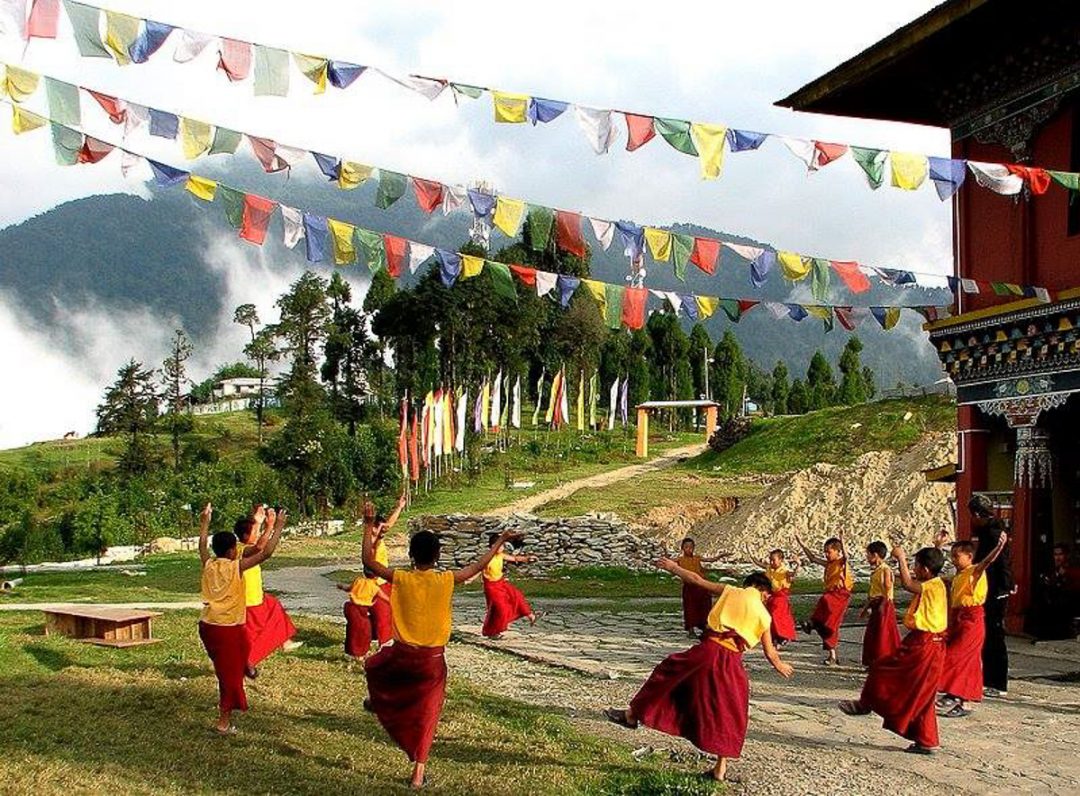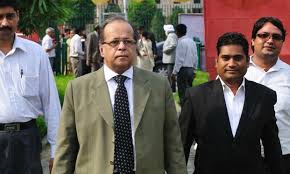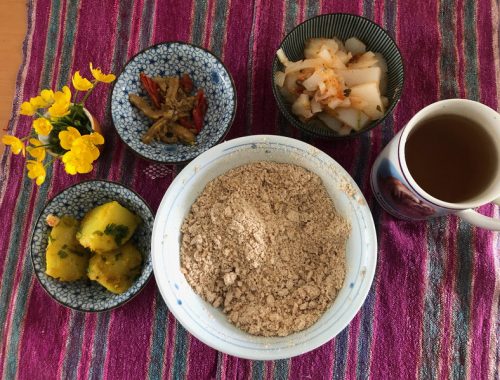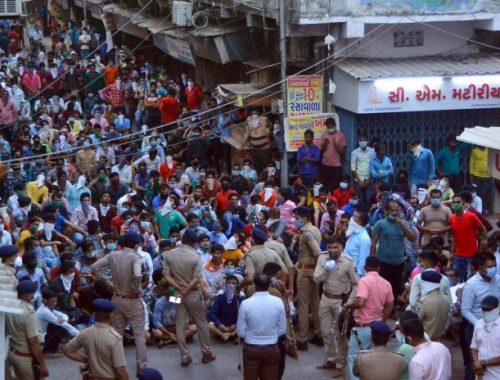The Bible states that man doesn’t live by bread alone. Omar Khayyam, in his Rubaiyat, added a book of verse, a jug of wine and a beloved to the list for human well-being.
It was the former king of Bhutan, Jigme Singye Wangchuck, who declared that ‘Gross National Happiness (GNH)’ was more important than Gross Domestic Product. This royal edict turned out to be the most enduring gift to his kingdom; it was also a clever identity builder for the tiny country. Since then, happiness has taken centre-stage in Bhutan and in the global market, with books, songs, conferences and apps insisting on its non-negotiable value.
In 2012, the UN convened a high-level meeting on ‘Well-being and happiness: defining a new economic paradigm’ to encourage the spread of Bhutan’s philosophy. When the first World Happiness Report was published that year, Bhutan ranked only 95th among the 156 nations surveyed. The newly elected government in the Himalayan nation decided to do its own survey. The GNH Survey was conducted by the Centre for Bhutan Studies in 2015; and found that 91.2% of Bhutanese reported being happy and 43.4% deeply happy. That’s a lot of happiness. Tourists flock to pay $200 a day to visit an idyllic land that embodies the king’s vision of low-volume, high-quality tourism. And Lonely Planet ranks Bhutan as the No.1 place to visit in 2020, calling it a “tiny piece of Himalayan paradise” and “A real-life Shangri-La”.




